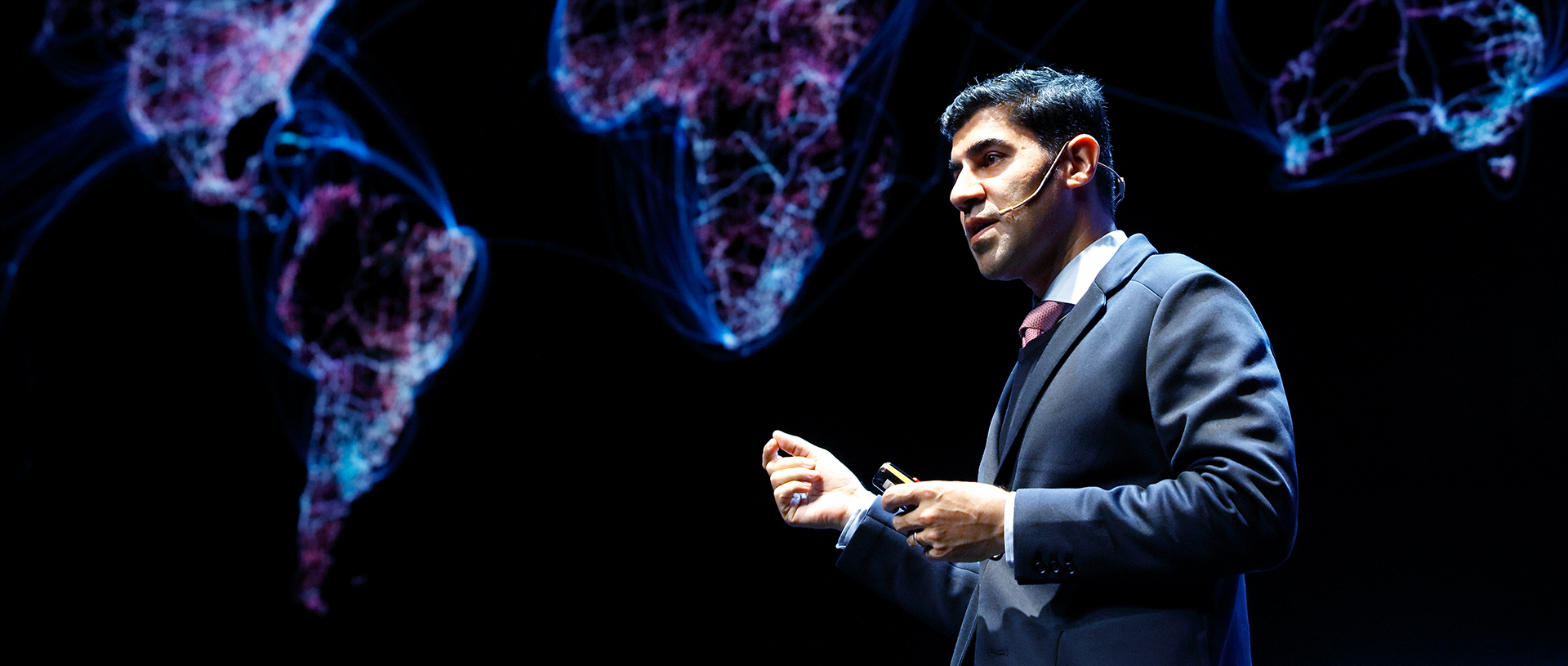Parag Khanna shares why he thinks Singapore is the perfect base to explore Asia and his personal mission to help other countries learn from the city-state.
Parag Khanna, an Indian American international relations expert and best-selling author, was born in India, but grew up in the United Arab Emirates, New York, and Germany. A Singapore permanent resident now, he moved to Singapore in 2012 (he bought a one-way ticket here), but the country had been on his radar since the early 2000s.
From 2004 to 2007, he visited 50 countries, including important emerging markets such as Brazil, Kazakhstan, and Indonesia. He profiled them all, and arrived at the conclusion that they each wanted their own Lee Kuan Yew – the former Prime Minister of Singapore who was largely responsible for the nation’s success today.
Khanna points out that for most of his life, people wanted to know about America; now, the spotlight is on Asia. He is keen to be part of this change in tide.
“Twenty years ago, we would not have expected the Prime Minister of the UK, Theresa May, to say the UK can be the Singapore of Europe. What’s ironic is that this used to be a British colony. I am now seeing an intellectual reversal, with Western countries saying, ‘We wish we were run like Asian countries such as Singapore’.
“My early years here were the times of post-9/11. America’s wars were failing and terrorism was on the rise. There was increasing need for a good quality leader in a turbulent world,” says Khanna, speaking from his experience as a senior geopolitical adviser to the US Special Operations Forces in Iraq and Afghanistan in 2007.
Earlier this year, he published Technocracy in America, a book on how large democracies can learn from the Singaporean and Swiss political systems. Khanna’s expertise and thought leadership in global economic and political strategy, and sustainable urban development, saw him named a Young Global Leader of the World Economic Forum. Following his move here, he joined the Lee Kuan Yew School of Public Policy as a senior research fellow at the Centre on Asia and Globalisation.
Part of the reason for his resolve to stay is that his personal mission is to help other countries become more like Singapore. He has served on the Committee on the Future Economy and is not ruling out taking on a more official governmental advisory role in time to come.







